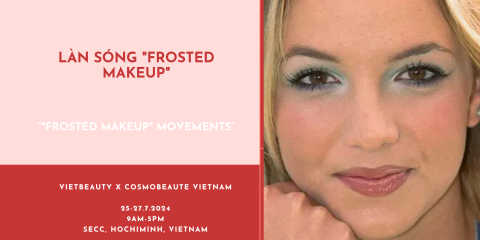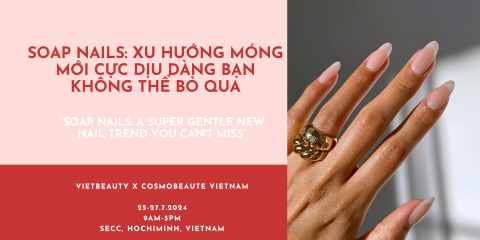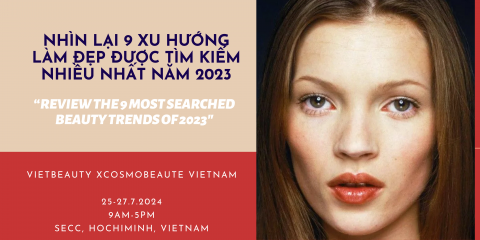7 things you need to know about RETINOL - the "divine" anti-aging active ingredient
RETINOL works by exfoliating
Retinol is an antioxidant, skin-restoring ingredient, not an exfoliant. The flaking and (temporary) redness when using products containing Retinol confuses people with exfoliants like AHAs and BHAs. However, to achieve healthier, smoother, and younger-looking skin, retinol works at many different levels by stimulating collagen production, smoothing skin, improving pigmentation, etc.
Do not use RETINOL around the eye area
The skin around the eyes is considered to be one of the most sensitive areas on the face. This is also the area where the skin is prone to signs of aging such as wrinkles. According to dermatologists, you can completely use retinol for the eye area. However, this part of the skin is quite thin, which helps the absorption process take place faster. This leads to an increased risk of irritation. Therefore, you should carefully control the amount of application and combine it with moisturizer and sunscreen
Sensitive skin cannot use RETINOL
Sensitive skin always needs special attention. Gentle cosmetic lines are always considered the "pair of cards" of this skin. Therefore, the "hash" of the effects of Retinol leads some girls to believe that this ingredient is not suitable for sensitive skin. However, this is a misconception you should ignore. You can still use Retinol to care for sensitive skin. But more attention should be paid to the concentration as well as the frequency of use of the product.
Do not use RETINOL with AHA/BHA
This is one of the most common statements when it comes to how to use retinol. Some argue that chemical peels lower the pH of the skin. Meanwhile, retinol works more effectively in a pH-rich environment. From here, AHAs and BHAs are thought to decrease retinol's performance. However, this claim has not yet been verified by dermatologists.
Do not combine RETINOL with VITAMINS
Like AHAs and BHAs, vitamin C is also one of the ingredients that are considered unsuitable for retinol. And of course, this is also a misconception about how to use retinol. Vitamin C requires an environment with a fairly low pH. Meanwhile, retinol works on the skin's natural pH. So, combining these two substances does not reduce the effectiveness of retinol. In contrast, the combination of vitamin C and retinol helps protect the skin from UV rays. In addition, vitamin C also supports retinol to fight free radicals and prevent aging.
Can't use RETINOL during the day
The use of retinol can make your skin more sensitive, making it more susceptible to damage from aggressors including the sun. They also break down in sunlight so are usually kept in a dark, sealed container and used as a nighttime skincare step. However, this doesn't mean you shouldn't or can't take retinol during the day. Studies have shown that this ingredient can work well with products that contain SPF, vitamins A, C, and E. Just as long as you always wear sunscreen and keep in mind that even retinol can make skin look younger. But sunscreen is the first and most effective defense against the signs of aging.
Discontinue the use of RETINOL when skin irritation occurs
Your skin will experience irritation reactions such as dryness, redness, and peeling ... when first using Retinol and most of them will last for about 2-3 weeks. When the cells adapt and start tolerating, the above symptoms will gradually disappear, so don't worry too much. However, because these reactions are easily be confused with the manifestations of using the product with inappropriate concentration and frequency or allergic reactions, cosmetic allergies, so please monitor carefully and consider carefully. when they last too long, are too uncomfortable, and show no sign of remission.
Cre: HerSkincare
 EN
EN
 VI
VI



